
Advocacy efforts have yielded a dramatic increase in kidney cancer research, according to Elizabeth P. Henske, MD.

Your AI-Trained Oncology Knowledge Connection!


Advocacy efforts have yielded a dramatic increase in kidney cancer research, according to Elizabeth P. Henske, MD.

Safety results from a phase 2 trial show that most toxicities with durvalumab treatment were manageable and low or intermediate in severity.

Results from the phase 3 KEYNOTE-826 trial show that the safety profile of pembrolizumab plus chemotherapy was manageable in cervical cancer.

The phase 3 KeyVibe-003, KeyVibe-007, and KEYFORM-008 trials investigating vibostolimab and favezelimab have been discontinued.
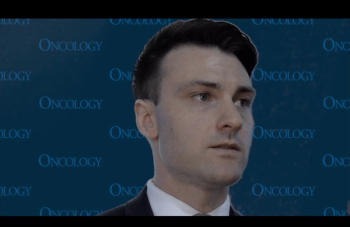
Since elacestrant’s emergence in the real-world setting, it has demonstrated superior efficacy outcomes compared with what the EMERALD study found.
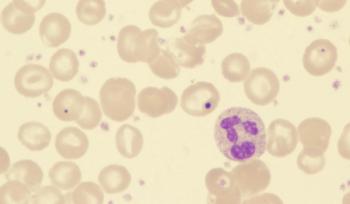
Results from the phase 3 AVA-PED-301 trial support the FDA decision for avatrombopag in pediatric thrombocytopenia.

Objective response data from the CK-301-101 trial supports cosibelimab’s approval by the FDA, according to Jason J. Luke, MD, FACP.

Median duration on bezuclastinib was 56 weeks vs 40 weeks for placebo in non-advanced systemic mastocytosis, the phase 2 Summit trial reported.

Dostarlimab achieved a 100% clinical complete response rate in patients with dMMR/MSI-H advanced rectal cancer, a phase 2 study found.
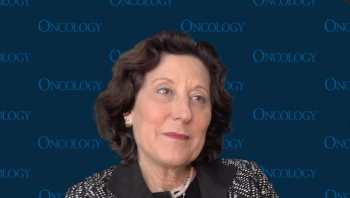
Updated results from the 1b/2 ELEVATE study elucidate synergizing effects observed with elacestrant plus targeted therapies in ER+/HER2– breast cancer.

Two oncologists discuss the impact of advocacy in kidney cancer research, highlighting collaboration between researchers, advocates, and physicians.

Patients with ER+/HER2– advanced breast cancer saw positive efficacy and safety data following treatment from the SERENA-1 trial.

Patients with ESR1+, ER+/HER2– breast cancer resistant to chemotherapy may benefit from combination therapy with elacestrant.
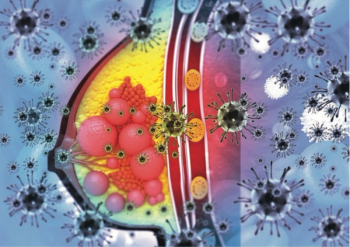
Ultra-sensitive ctDNA testing identified ctDNA at baseline in patients with HR–positive breast cancer, results from the PELOPS trial showed.

From 2013 to 2022, the rate of important identified risks associated with ponatinib in the treatment of those with ALL or CML had decreased.

Cosibelimab has been approved by the FDA as a treatment for patients with cutaneous squamous cell carcinoma.
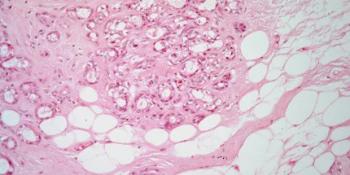

More than 80% of the SENTRY trial population had alleviation of their myelofibrosis-associated symptoms following treatment with selinexor/ruxolitinib.
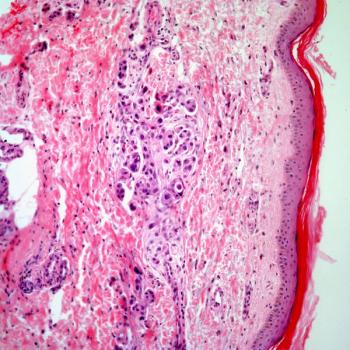
Atezolizumab with chemotherapy did not yield a significant increase to event-free survival compared with placebo with chemotherapy, 85.2% vs 81.9%, respectively.

Of 18 patients with BRCA-mutated ER+/HER2– breast cancer, 3 had a pathological complete response when treated with niraparib plus dostarlimab.
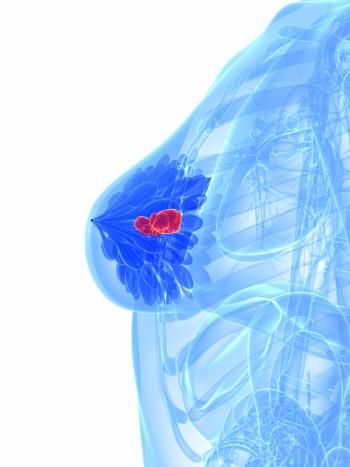
The phase 3 CamRelief study reported a pathologic complete response rate of 56.8% for camrelizumab plus chemo compared with 44.7% for chemo alone.
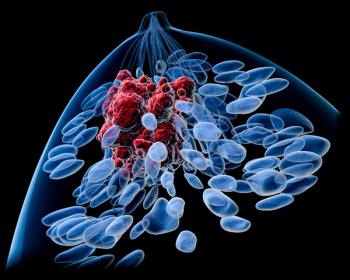
Data from the RIGHT Choice study showed that ribociclib/ET yielded efficacy benefits for luminal B/HER2E breast cancer vs combination chemotherapy.
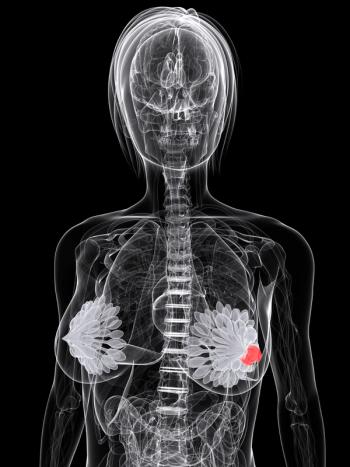
Palbociclib combination therapy elicited a progression-free survival of 44.3 months compared with the 29.1 months of SOC in HR+, HER2+ breast cancer.

Data from the EMBER-3 trial showed improved progression-free survival with imlunestrant with or without abemaciclib vs SOC in ER+/HER2– breast cancer.

Results from the CLOVER WaM trial saw a clinical benefit rate of 98.2% in patients with Waldenström Macroglobulinemia treated with Iopofosine I 131.

Elascestrant with abemaciclib elicited an overall response rate of 18% in ER+/HER2– Breast Cancer, results from the 2 trials show.
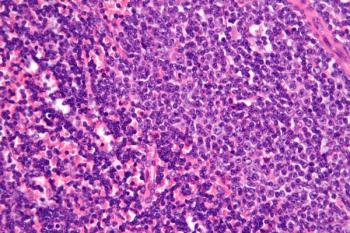
Data shown at ASH 2024 demonstrated higher OS rates with anti-CD20 antibodies in patients with chronic lymphocytic leukemia and small lymphocytic lymphoma.

Investigators are currently evaluating mosunetuzumab in relapsed disease or comparing it with rituximab in treatment-naïve follicular lymphoma.

When compared with endocrine therapy, radiation therapy improved quality of life and adverse effects data, the phase 3 EUROPA study showed.
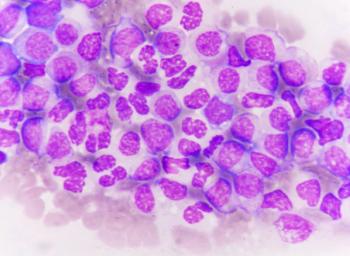
For patients with HMA–naive chronic myelomonocytic leukemia, an IO-202 combo demonstrated durable responses, a phase 1b study found.